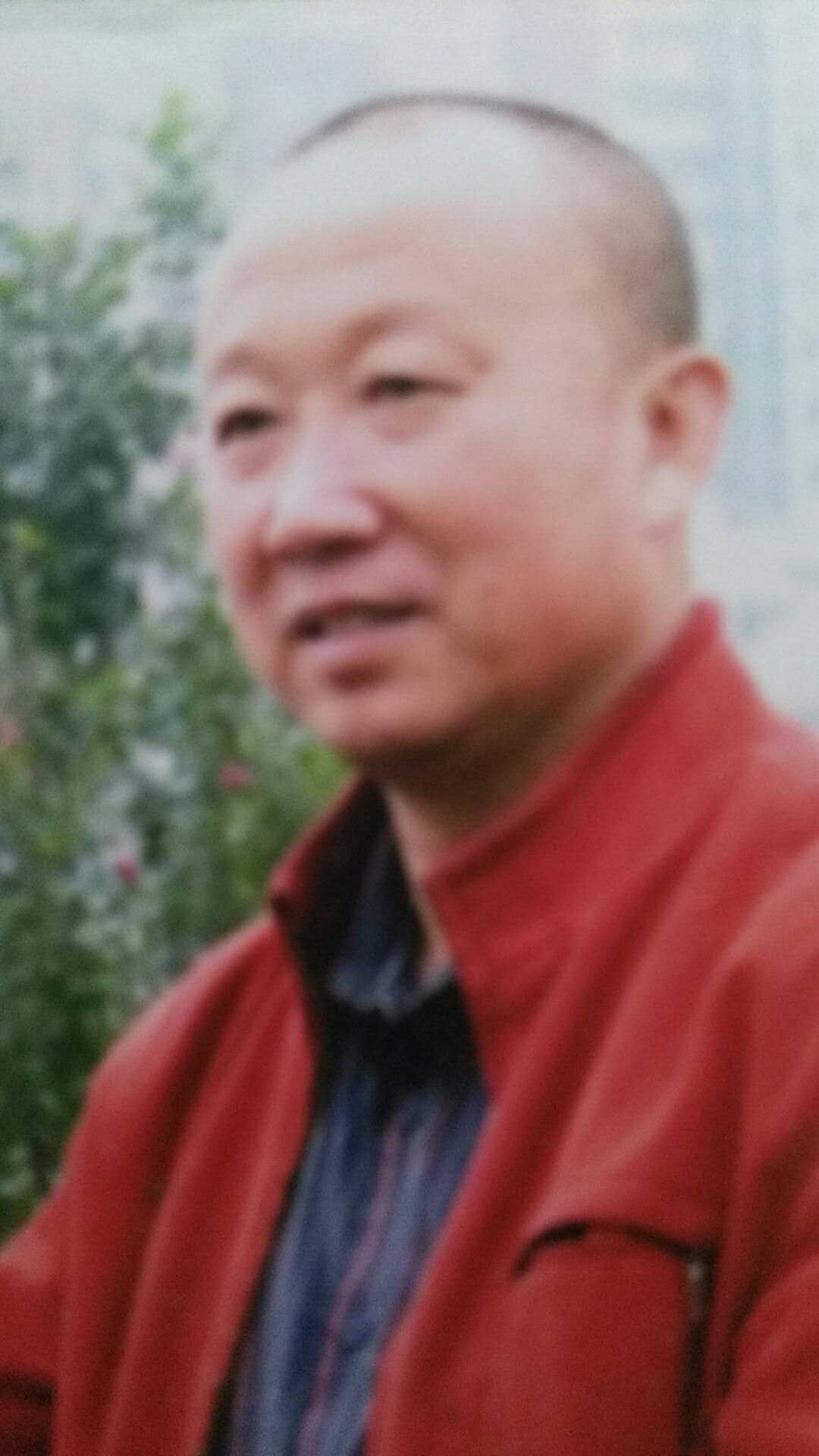Wu Dongchao
Wu Dongchao
Personal Profile
Mr. Hanmei, Wu Dongchao resides in a tiny courtyard. Not elegant in the conventional sense, yet simple and distinctive; not luxurious, yet humble and peaceful. A small gate stands at the entrance, adorned with a couplet: "Fragrant flowers scent the green courtyard; music and books bring spring to the painted hall." Within the yard stand a few peach and willow trees, several clumps of wild grass, a few slender bamboo stalks, an old wooden square table, and a few bamboo chairs. When busy, he paints; when idle, he admires the flowers. In summer nights, he cools himself while peeling lotus seeds; in autumn, he plants chrysanthemums and brews floral wine; in winter, he watches snowfall while chatting by the hearth. He shares his life with his elderly wife, bound together in quiet devotion. Each day, he burns incense and delights himself—singing wildly, dancing freely, dipping brush in ink and sweeping it across paper as if commanding a thousand troops. Every visitor who comes to call first catches a strange fragrance, instantly feeling refreshed and invigorated; then they hear his long, resonant chanting, whose echoes linger like music hanging in the air. A lazy cat lies stretched upon the chair; fish and shrimp glide gently in the pond. His door remains closed, never seeking favor from the powerful, nor envying glory. He refuses to be ruled by worldly affairs; though sometimes lonely, he invites friends for casual conversation, discussing ancient and modern tales, effortlessly forgetting the dust of the mundane world. He reads books, sips tea, serene and tranquil, savors a few cups of his own fruit wine, prepares a few rustic dishes of wild ingredients. Countless high officials and wealthy merchants dream of befriending Mr. Hanmei, yet are barred by walls thick with creeping vines and wild trees growing unrestrained. Beside the trees hangs a wooden sign inscribed: "Paintings three feet tall sell for three thousand—but alas, Hanmei cares not for money. Rice and firewood are earthly things; I shall not accept alms." Each day, he quietly guards his graceful little courtyard, savoring moments within its confines, indifferent to the bustling world beyond. In his aloofness lies profound openness; on nights when the moon shines like a plate and the breeze is faint, occasionally a beauty joins him, hand in hand they stroll along the riverbank, talking freely of wind and moonlight, leaving companions enchanted. Mr. Hanmei lives his days with ease and abandon, yet within his boldness lies humility. Truly, who among those on his left with lute and right with books understands the depth of his delight? Who among neighbors near and far knows the wonders of his transcendent wanderings? Simple in demeanor, lofty in spirit; untrammeled and free-spirited. Throughout his life, he has lived lightly. One day, he dreamed that in his past life he was Master Lü Dongbin, the Immortal of the Cave, and his wife was the reincarnation of the Peony Fairy—since then, their love grew even deeper. He often painted peonies to earn money, and all who heard this laughed. Yet observing Mr. Hanmei, one cannot help but see the aura of an immortal sage—his laughter and speech refined and scholarly, bearing the dignity of a true recluse. He named his dwelling "Yalu" and composed a poem:
Bamboo fence encircles the thatched hall,
Wooden gate shuts out the spring’s glow.
A narrow path winds into charm,
Beyond the window, apricot blossoms scent the air.
In leisure, I sip fragrant tea,
Old friends sit close beside me.
A small bridge spans endless flowing water,
On the slope, cattle and sheep graze.
In the woods, orioles and swallows chirp,
Graceful melodies occasionally linger overhead.
My wife busies herself with rice and firewood,
My parents enjoy long life and blessings.
Before my knees, children and grandchildren play—
What harm is there in humble poverty...?
To be continued. — By Miao Chan Jushi
para-title
TAG:
Wu Dongchao

 中文
中文  en
en 
